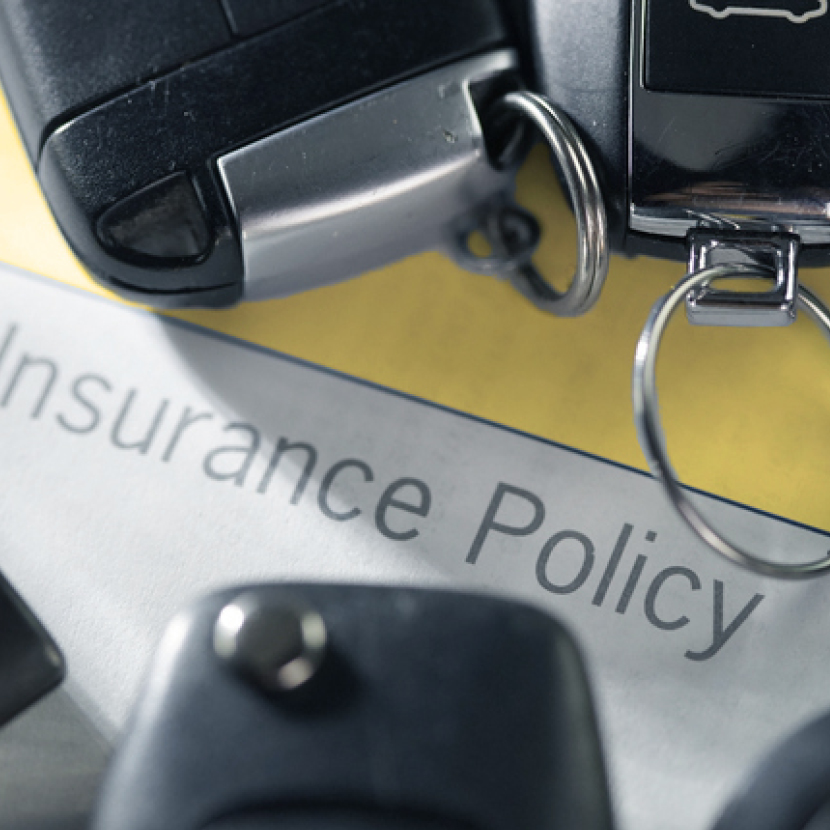- Insurance Guide
- Property Insurance
- Car Insurance Myths
7 car insurance myths you should know about

1. If I get a red car, I’ll have to pay more for auto insurance
If you love the color red, don’t hesitate to buy a red car. A car’s color does not impact insurance costs. Instead, insurers consider such things as the age of the vehicle, its price, and any safety features that it might have.
2. Men pay more for car insurance
This myth contains a small amount of truth. Some insurers may consider teenage boys and young men to be bigger risk takers than teenage girls and young women. So, for a few years, those insurers may charge them a little more. But once they’re older, men typically pay the same price for auto insurance as women do.
In fact, in some states, it’s illegal for an insurer to charge higher rates based on gender.
3. As I age or develop health issues, my insurance rates will automatically go up
Auto insurance doesn’t place a significant focus on your health. Your insurance costs are only likely to increase if your health issue directly influences your ability to drive.
And as you age, instead of seeing your insurance costs go higher, you may see them drop. This is because some insurers offer special discounts to older drivers.
4. My credit score has nothing to do with my insurance costs
Many drivers don’t know that their credit scores could affect how much they pay for their auto insurance. A low credit score could raise a driver’s insurance payments.
It’s legal in most states for insurers to look at your credit score, but a few states have outlawed the practice. And other states restrict how much the credit score can impact the price of your insurance. But the bottom line is: yes, your credit score could affect your car insurance rates depending on where you live.
5. My personal auto insurance will protect me if I use my car for business
Your auto insurance protects you only if you use your vehicle as stated in your policy. So, unless your insurance agreement mentions using the car for business, you won’t have protection if you’re in a work-related or working-hours accident.
For example, your regular car insurance provides coverage for your everyday driving. But if you take on a side job that requires driving, such as making deliveries, you’ll need business car insurance in addition to your regular auto insurance.
6. If my friend uses my car, his insurance will pay for any accident
In most states, the car owner’s insurance is primarily responsible for paying after an accident. That means that a friend could cause an accident that increases your insurance rate. Laws vary by state, so talk with your insurance agent before you lend your car to anyone.
7. I don’t need insurance for my car because thieves don’t steal older vehicles
If you drive a popular car, thieves will likely be interested in it regardless of how old it is. Your vehicle could be in demand because of its parts. Even if your car isn’t a top seller, it still may be a target for thieves. One of your car’s features could make it desirable for some car enthusiasts willing to resort to illegal means to have it.
Know the facts about auto insurance
Take the time to research your car insurance options, and ask your insurance agent as many questions as possible. Doing so may help you differentiate facts from myths. You’ll then be able to more confidently shop for the right auto insurance to protect you and your loved ones.



